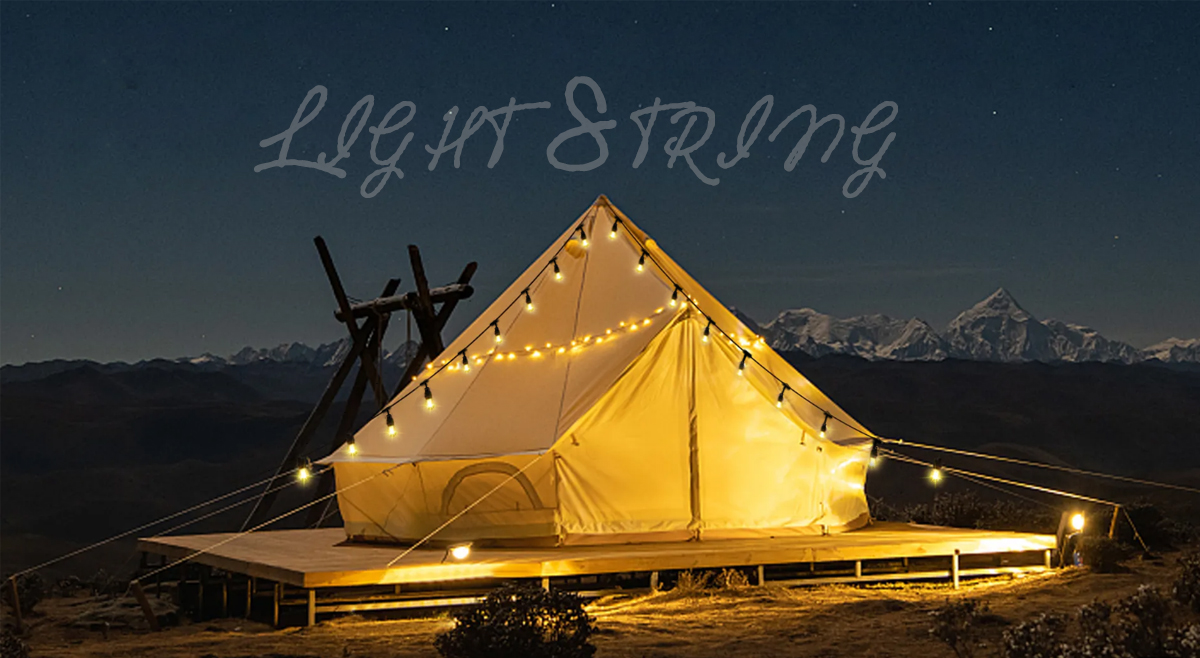What Type of Cable is Generally Used for Garden Lights
Garden lights add a touch of elegance and charm to any outdoor space. They not only provide illumination but also create a warm and inviting atmosphere. However, when it comes to choosing the right cable for garden lights, many people find themselves confused. In this article, we will discuss the specifications and types of cables commonly used for garden lights.

One of the most important factors to consider when selecting a cable for garden lights is its size. The size of the cable is determined by its gauge, which refers to the diameter of the wire. For garden lights, the most commonly used gauge is 12. This size is suitable for most residential applications and can handle the necessary voltage and current requirements.
Another crucial factor to consider is the insulation material of the cable. The cable should have a durable and weather-resistant insulation material to withstand outdoor conditions. PVC (polyvinyl chloride) insulation is a popular choice for garden lights as it is flexible, cost-effective, and has good resistance to moisture and sunlight. It is important to ensure that the cable is rated for outdoor use and has UV protection to prevent damage from prolonged exposure to sunlight.
In addition to gauge and insulation material, the type of cable also plays a significant role in determining its suitability for garden lights. The most commonly used types of cables for garden lights are twisted pair cables and direct burial cables.

Twisted pair cables are composed of two insulated conductors twisted together. They are commonly used for low voltage applications, such as garden lights. Twisted pair cables offer good protection against electromagnetic interference and are relatively easy to install. They are available in different gauges, with 16 or 18 gauge being the most common for garden lights.
Direct burial cables, on the other hand, are specifically designed for outdoor use. They are usually buried underground and provide a more permanent and secure wiring solution for garden lights. Direct burial cables have a thicker insulation and are resistant to moisture, temperature changes, and physical damage. They are available in various sizes and can handle higher voltage and current requirements.
When choosing a cable for garden lights, it is important to consider the specific requirements of your lighting system and the local electrical codes. It is recommended to consult with a professional electrician or supplier to ensure you select the appropriate cable for your needs.

In conclusion, garden lights require a cable that is both durable and suitable for outdoor use. A 12-gauge cable with PVC insulation is commonly used for most residential garden light installations. Twisted pair cables and direct burial cables are the most popular types for garden lights, offering different benefits depending on the application. By considering the size, insulation material, and type of cable, you can ensure a reliable and long-lasting lighting solution for your garden.


viber

skype

whatApp

telegram


 France
France
 Spain
Spain
 Portugal
Portugal